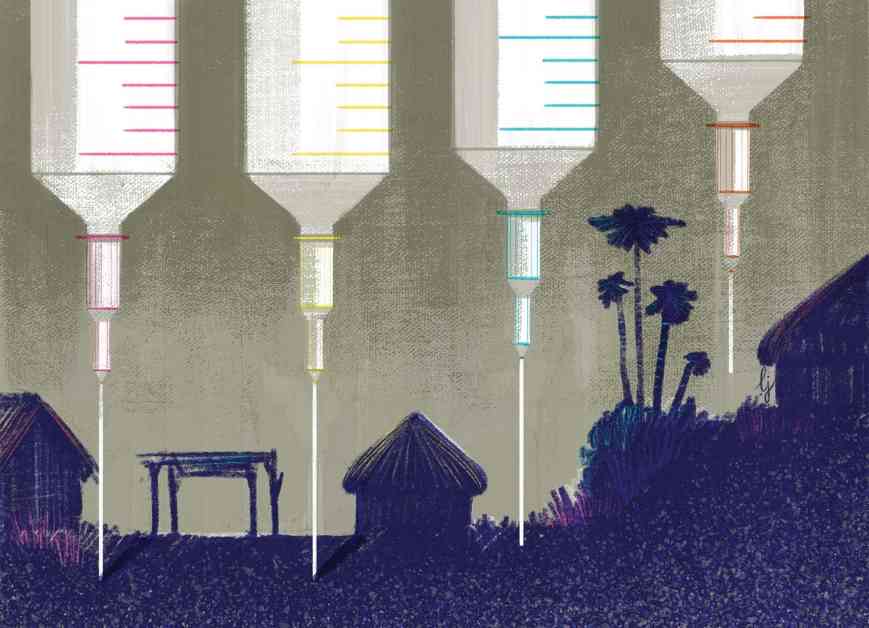Every week, Kiden Josephine Francis Laja, a community health worker in South Sudan, embarks on a journey to educate her community about vaccines and provide immunizations to children. She travels far on her bicycle, carrying vaccines in a cooler with ice packs to keep them safe. Laja works tirelessly to ensure that children in her village are protected from diseases like polio, tetanus, and COVID.
In addition to her outreach work, Laja also spends time at the community health center, monitoring the refrigerator and administering vaccines to anyone who comes in. Despite the challenges she faces, including low pay and lack of resources, Laja is dedicated to her work because she understands the importance of vaccines in saving lives.
Vaccines have had a significant impact on global health, saving millions of lives over the past 50 years. They have revolutionized healthcare and played a crucial role in promoting health equity. Vaccines not only prevent deaths but also improve overall health outcomes and quality of life.
The success of vaccines can be seen in the eradication of diseases like smallpox and the significant reduction in cases of polio worldwide. Vaccines have the power to level the playing field in healthcare, reaching even the most underserved communities. They have become a cornerstone of public health efforts, providing a foundation for further health interventions.
In recent years, the importance of vaccines has been highlighted by the COVID-19 pandemic. The rapid development and distribution of COVID vaccines have been crucial in saving lives and controlling the spread of the virus. Organizations like Gavi and Covax have worked tirelessly to ensure equitable access to vaccines for all countries, regardless of their income level.
Looking ahead, efforts are being made to strengthen vaccine manufacturing capabilities, especially in low-income countries. By investing in local production, countries can become more self-sufficient in vaccine supply and distribution. This will help ensure that vaccines reach those who need them most, even in remote areas like the villages in South Sudan where Laja works.
Overall, vaccines continue to be a powerful tool in promoting health equity and saving lives. Through the dedication of healthcare workers like Laja and the support of global organizations, vaccines have the potential to transform healthcare outcomes and improve the well-being of communities around the world.




